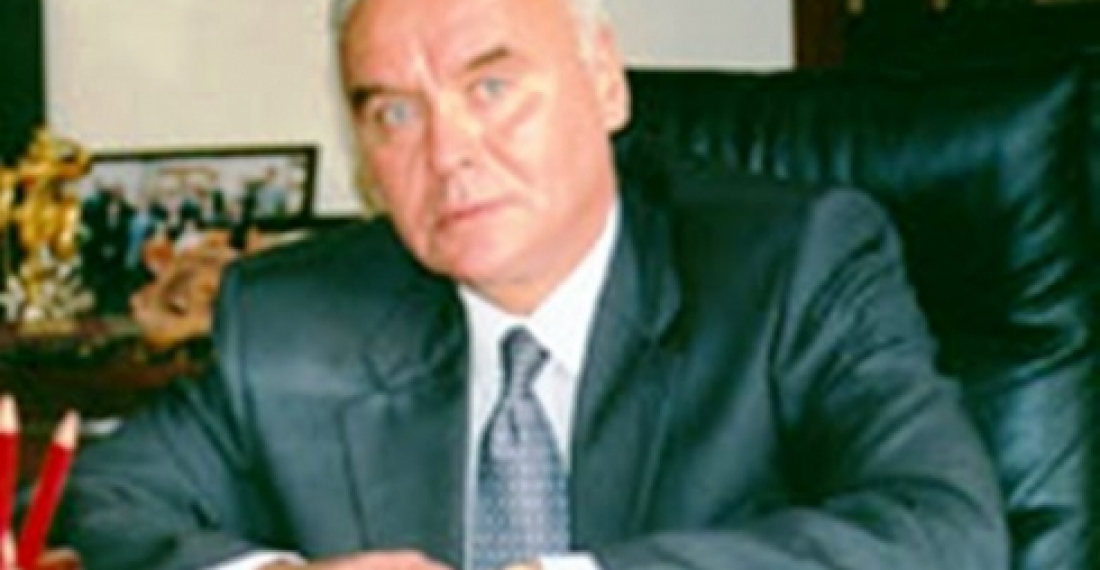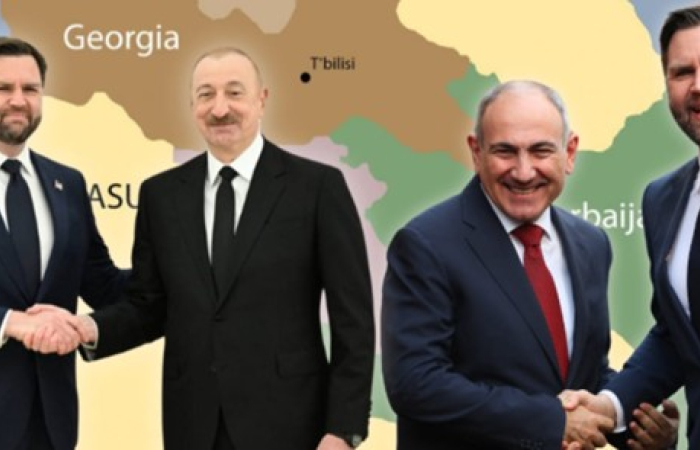A senior Azerbaijani offical has said that there is progress in the negotiations of a new agreement between his country and the European Union.
Deputy Foreign Minister, Mahmud Mamed Guliev told the Azerbaijani media on Saturday (12 January) that the next set of meetings will take place shortly and will cover all the main areas, namely political and security issues, trade and investment issues and various sectoral issues.
"The most important task for us is to develop an agreement that is qualitative and acceptable to all parties," he said. "When consensus is reached on each of the directions and a document that meets the interests of both Azerbaijan and the EU is prepared, then it will be ready for signing. There is progress regarding all areas of the agreement, but for now it is difficult to say when it will be signed", Trend news agency quoted the minister as saying.
In his new year message on 31 December, Azerbaijan president Ilham Aliyev hailed the develpment of relations with the European Union. "The Partnership Priorities document signed between the European Union and Azerbaijan this year is a manifestation of the high level of these relations", the president said.
source: commonspace.eu
photo: Deputy Foreign Minister of Azerbaijan Mahmud Mamed-Guliev (archive picture)







